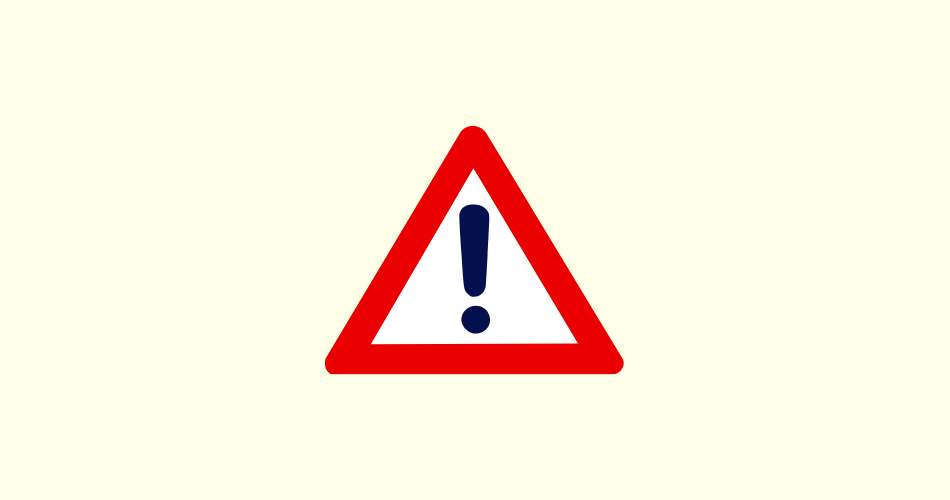The W3 is a lawless frontier.
There are monitoring agencies but they aren’t very effective. The web hosting industry is unregulated, and a hurricane can bring down your site and you’re plain out of luck. (Read the fine print of your host’s TOS).
It’s a dangerous place where you can be hacked, cracked, tracked, spied-on and have your business identity and hard-earned reputation ruined in about three seconds by some script-kiddie using dictionary malware to hack into your site. Happens every day. .
What dangers does your web business face? And how can you protect yourself? Read below some suggestions:
-
Go with a reputable host
Anyone can be a web host. I can rent a dedicated server and stuff 2,500 shared hosting accounts (that’s 2,500 websites) onto that server. Hosting resellers are a major danger. .
Your web site could be on a server in a college dorm room. Or in some distant country 12 time zones away and you wouldn’t know it. And, if that college student gets tired of handling customer complaints, he can unplug the server and your web business is gone. You get a gut-wrenching 404 error message when you try to log on to your administrator’s console. .
Solution
Ask questions before signing on with a host. Where’s the server? Tech support? How long has the company been in existence? (More than 10 years is good.) .
Also, do some research to find a reliable hosting company. After all, your web host is your on-line partner so choose with care.
-
Down time. A killer
First, if your server or local work station is out of service, you’re out of business. Visitors, clients, prospects – you’re invisible.
Second, if you happen to be spidered when you’re site is off line, for whatever reason, you’ll get slammed. Google isn’t sending users to sites that can’t be accessed. Ouch!
Solution
Go with a host that boasts 99.9% up-time. Create a duplicate site on another host server so if one goes down, you can switch to server number two.
-
Hackers, crackers, viruses, worms, war drivers & other black hats
There are a lot of people after the information in your company d-base. On the web, information is a commodity that’s bought, sold, traded or given away free to build hacker creds.
There are hacker websites with software that makes it easy to hack your site.
Solution
Security everywhere. Server side security should include a hard-wired firewall and redundancies so hackers give up after stripping away one layer of security only to find three more. Overlap.
-
Disgruntled employees
You’re more likely to be hacked by someone you know or who knows you than a total stranger. An angry ex-spouse with the company PIN can do a lot of damage in a few minutes. A disgruntled employee can leave with your entire d-base – and open her/his own business.
Solution
Access on an “As Needed” basis. Use strong PINs and change them often. Never leave your system unlocked when you leave your desk. The only way to protect against this kind of danger is to limit access. Never give out the PIN. Use network management software to track who’s hooked up to the grid.
Plug up leaks
Even small businesses employ wireless networking. It’s low-cost, flexible and easy. Nothing to hard wire. Problem is, those wireless signals leak outside of the walls that make up your office.
War drivers and war chalkers drive around industrial parks and business offices with a laptop and a wireless antenna looking for network leakage. When found, these black hats can log into your network just like any other employee. They can download keylogger software that tracks every keystroke – account numbers, PINS, client data, credit card info.
Solution
Place the transmitter in the center of the business space. Use encryption software, even for routine tasks like order placement.
-
FIRE! FIRE!
What would happen if your business burned to the ground, leaving all of your business data on melted hard drives? You’d be shut down. Same with a flood, tornado or tsunami.
Solution
Back up all your business information off-site. Use a secure FTP site or a service like Carbonite (costs $58.99 a year to automatically back up all your records without thinking about it.) Cheap insurance.
-
Domain hi-jacking
You work hard, build a web-based business and, because you forget to renew your site’s domain name, it’s hi-jacked by some grey hat who seized on your forgetfulness.
Solution
Set your domain registration on auto-pilot. A good web host will handle this chore for you (for a small fee, but well worth it), or will at least send you a notice that your domain is about to expire. Take care of this “little thing” ASAP. Your successful business is being watched.
Starting to get the idea? There’s no web police you can call. There’s no way you can get back your domain once someone grabs it. There’s no way you can prevent disasters. They happen.
Two key points to take away:
First: Take a proactive approach to protecting your digital assets. They have value – value that’s increasing as your business grows. If you’re reacting to a danger, chances are it’s already too late to avoid some damage.
Second: As the business owner, you have to secure your business. Choose a reliable host with a track record you can verify. Store data off-site. Beware of war drivers circling like sharks.
The wild, wild web requires a robust approach to protecting your business. It may cost some cash. It may require new office procedures. Some new hardware or SAaS.
Whatever it takes, do it now. Before it’s too late.




